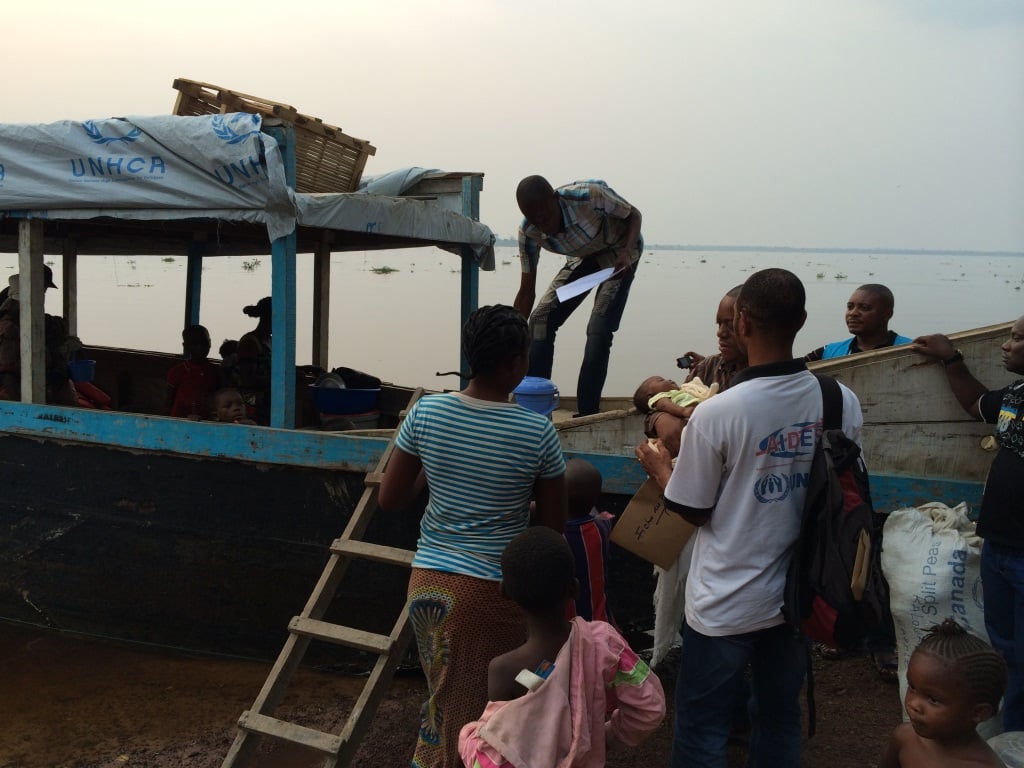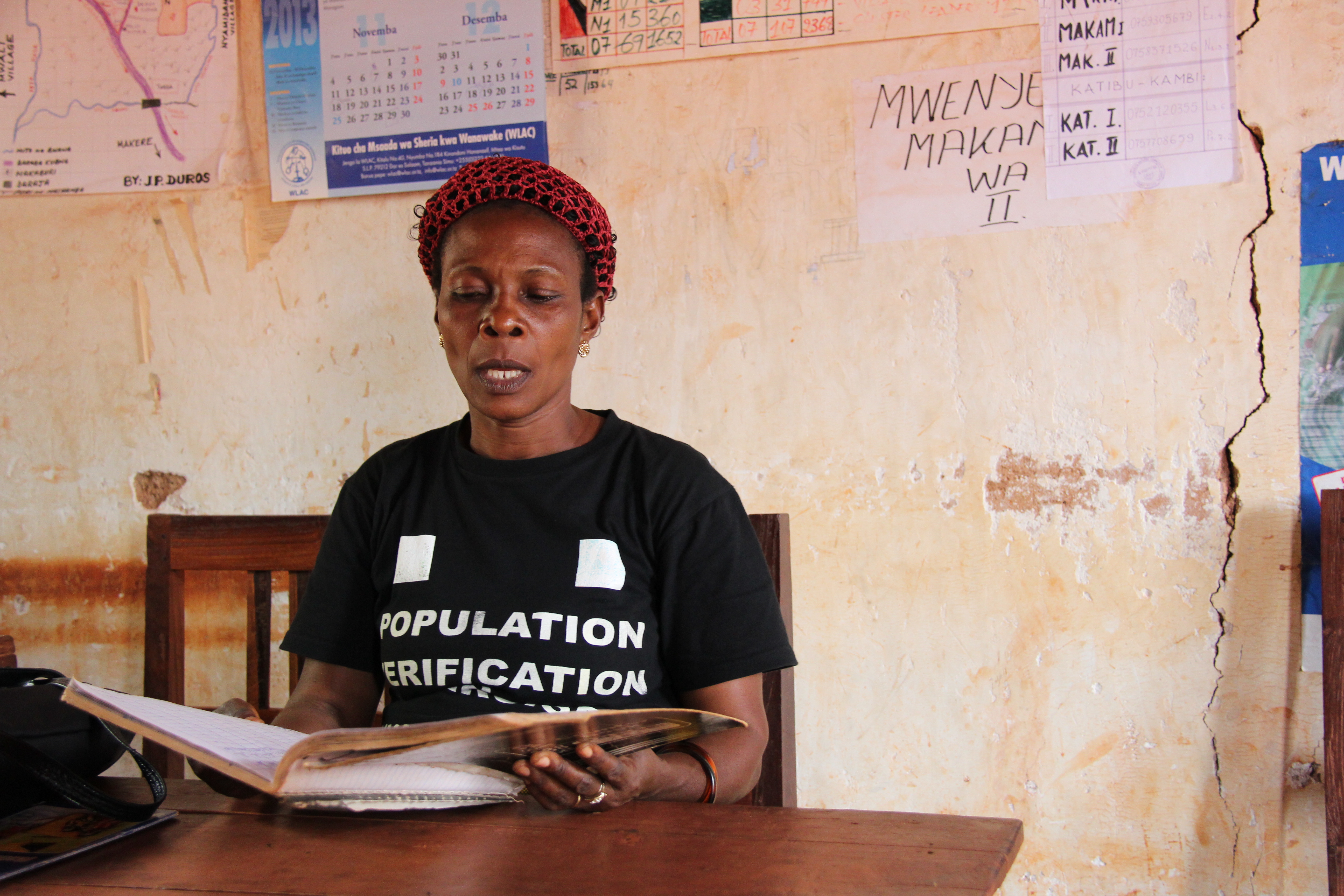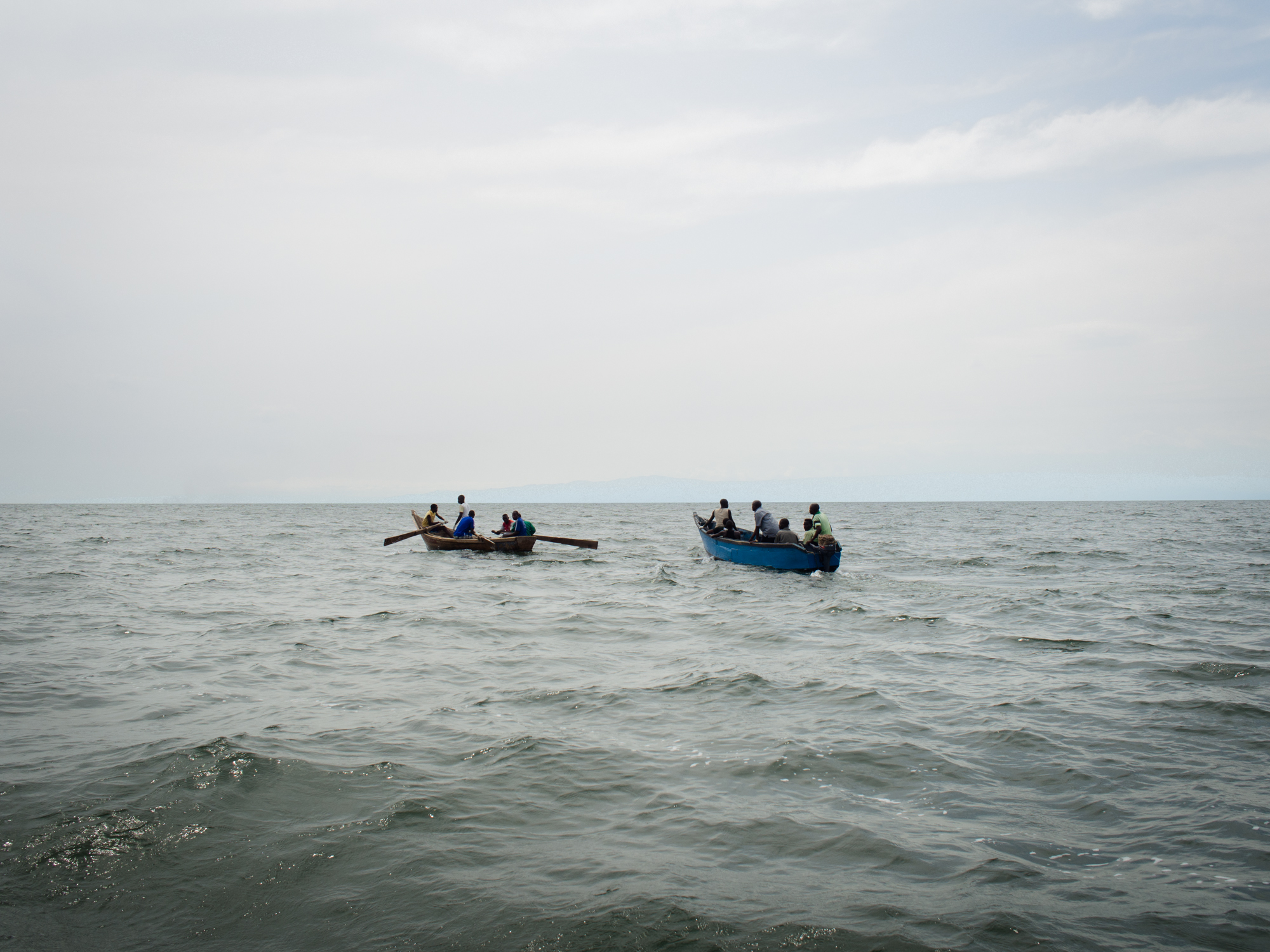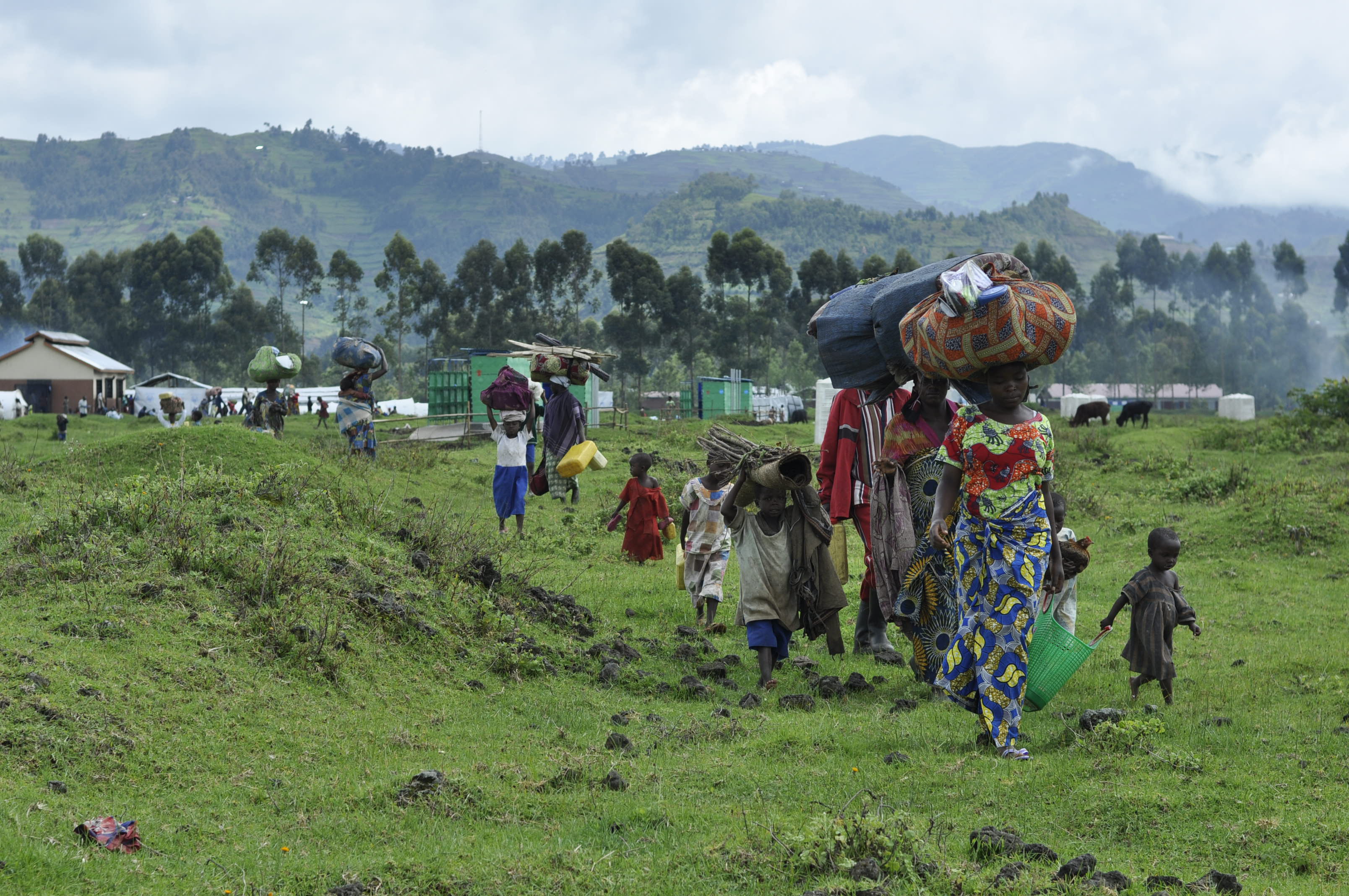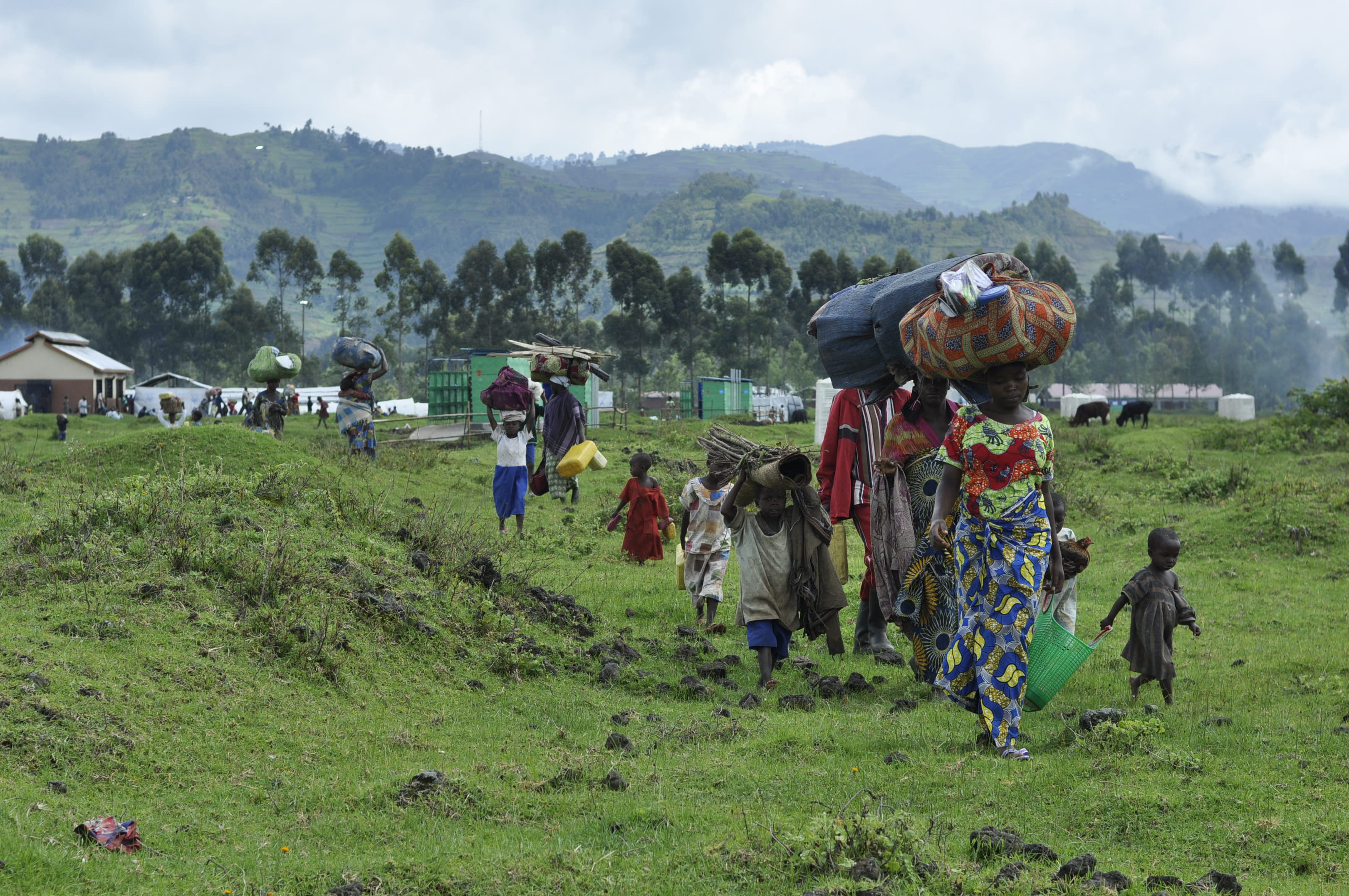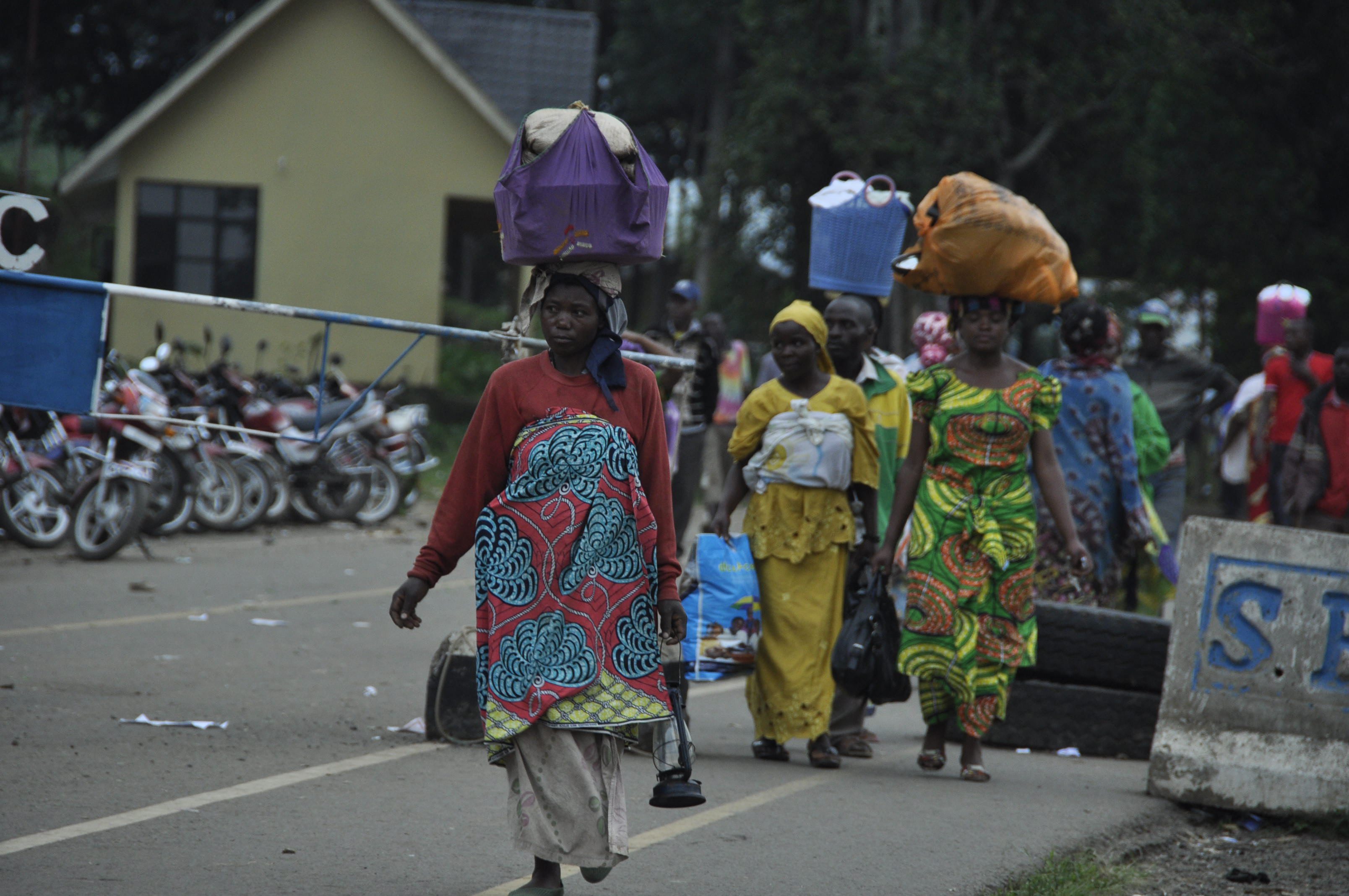UNHCR steps up assistance for Central African Republic refugees in DRC
UNHCR steps up assistance for Central African Republic refugees in DRC

KINSHASA, Democratic Republic of the Congo, March 11 (UNHCR) - The UN refugee agency and the World Food Programme are stepping up efforts to help more than 24,000 refugees from Central African Republic and UNHCR is examining the possibility of constructing a refugee camp in northern Democratic Republic of the Congo (DRC).
In a joint press statement, the UN sister organizations said an estimated 22,000 civilians from Central African Republic (CAR) had fled to DRC's Equateur province and 2,000 to Orientale Province to escape instability in their country, where a fragile peace deal is in place between the government and rebel forces following fighting in December.
In Equateur, most of the refugees are staying with host families in and around the towns of Gbadolite and Mobayi-Mbongo and the arrivals include a large number of women and children, some of whom are unaccompanied minors.
UNHCR's regional representative, Stefano Severe, was quoted as saying that the government was ready to allocate land to establish a camp for the refugees in Equateur province. "We welcome this decision because the refugees are facing major protection issues and the number of new refugees is far beyond the reception capacity of the host communities," he said.
A number of sites are being looked at in the area around Gbadolite, where there is an airport. Grouping the scattered refugees in a camp accessible by road from the town would make it easier to provide protection and assistance, but the challenges include finding a site with access to water and which can be reached easily.
The joint press statement said many of the young refugees were malnourished and it quoted the World Food Programme's country director, Martin Ohlsen, as saying the refugees "lack basic food supplies and other items and don't have any means to earn a living. And they are coming into communities which themselves have limited resources."
Some local people say the arrival of the refugees has changed their daily lives. "I am very happy to help these people," said Andy in Mobayi-Mbongo, which lies on the Oubangui River. "However, we must recognize that it is difficult for me to continue supporting them."
He said that normally one bucket of cassava flour was enough for his family of 12, but now they needed three buckets. "I have to go fishing at night in order to make enough money to support the refugees," Andy added
To meet the immediate needs of the refugees, the partner organizations have started transporting aid and personnel to the area, including a 16-strong emergency team from UNHCR whose members will register the refugees in Gbadolite and Mobayi-Mbongo.
The press statement said the World Food Programme (WFP) had last week transported 175 tonnes of food to Gbadolité to meet the needs of some 22,000 refugees for 15 days. The ration packs include maize meal, pulses, vegetable oil and iodized salt. To counter the high malnutrition rates among children, WFP also transported 20 tonnes of a peanut-based food supplement for up to 3,500 children for two months. The agency will also deliver high energy biscuits to meet the emergency needs of 11,000 children and women for six days.
The press statement said UNHCR has (over the past two weeks) transported and delivered non-food items, including 2,500 kitchen sets, 6,000 jerry cans, 3,000 tarpaulins, 5,000 mosquito nets, 5,000 blankets, 5,000 sleeping mats, 6,000 buckets and five tons of soap to meet emergency needs.
WFP and UNHCR have also distributed assistance to the newly arrived refugees in Orientale Province. Access to the refugees, however, remains a challenge in both of the DRC provinces due to the poor state of the roads and the threat posed by armed groups in the region. "We must travel 400 kilometres by car, motorbike and boat to get there," said Severe.
By Simplice Kpandji in Kinshasa and Djerassem Mbaiorem in Mobayi-Mbongo,
Democratic Republic of the Congo

